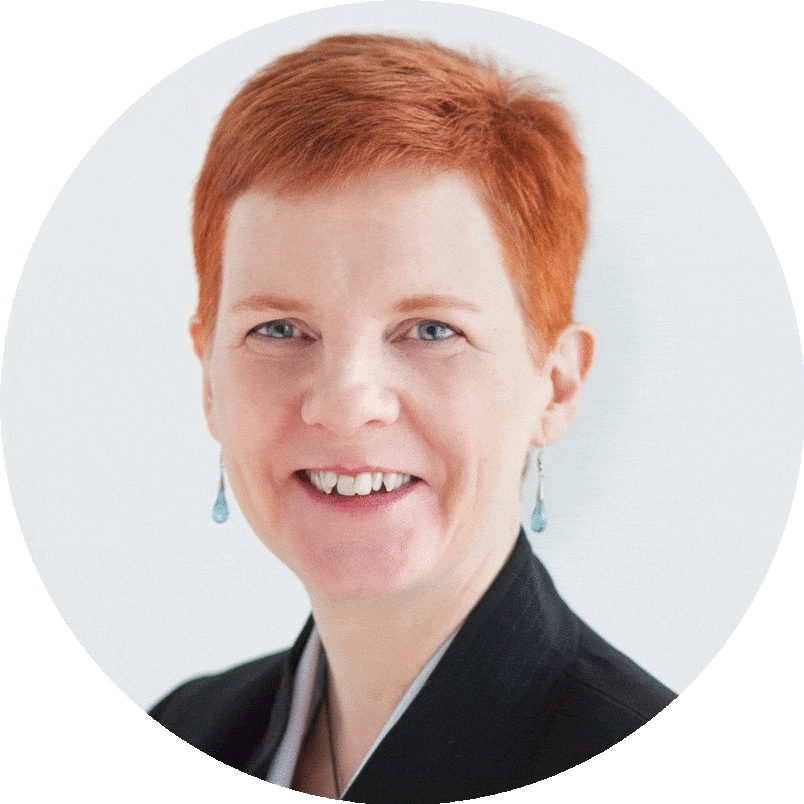by Ruth Pearce
I love teams. I have been fortunate to work with many wonderful teams in many different organizations. From financial services, to not-for-profit and state government, to professional associations, I have had the privilege to work for people who were motivated and innovative.
Along the way, though, I have seen some teams that, at least to start with, were not working so well. Sometimes team members have felt disconnected from each other and from the organizational purpose. Other times, they have been overworked and felt underappreciated. But whoever they were, there has been a common thread. All the teams and team members I have worked with have been looking for connection and purpose. They want to get behind what they are doing and find a sense of pride in what they do. They want to belong to the community in which they work. They want to feel like part of something bigger.
When I was younger, I thought that a sense of purpose in the workplace was only for senior leadership. It was not for me, an intern, nor for my colleague in his first job at the firm. How wrong I was. My father taught me early on to value everyone I work with, because when there is a sense of shared purpose, hierarchy and pecking order fade into the background. We all have our part to play. The cafeteria staff may not know how to code a piece of software, but how they engage with me and what they feed me affect my energy levels and sense of well-being. The building security guard may not be able to perform open heart surgery, but that guard makes sure that you get safely to where you need to be, and can focus on your role without distraction or anxiety. The bus driver may not know how to design a bridge, but she makes sure that your children get to school safely so that you can go about your day without worry. All these connections build our community and extend our team.
Who is on your team?
In the last year, my teams have looked a little different from what I have been used to. Instead of being on-site, working side by side with my colleagues, I have been working more from home, and have been working on new types of projects. One of my favorites is Wholebeing Institute (WBI)’s Embodied Positive Psychology Summit. The inaugural event took place last year, and we are running our second event this May at Kripalu.
When an old colleague asked me what it’s like to work alone, I looked at her aghast. “Oh, I don’t work alone!” I exclaimed. “I have a huge team!”
It was her turn to look surprised.
“Oh, sorry,” she said, “I thought you were working from home?”
It is true that I sometimes work in my pajamas and, on cold days, I may not leave the house, but I am not alone. Our team comprises so many people in so many roles, it is often hard to keep track of them all.
For starters, there are my wonderful colleagues at WBI. This circle is small and works so well together, supporting each other and complementing each other’s skills. Then there is the wonderful network of people at Kripalu—from program management to production support to continuing education and registration. Once we are on site at Kripalu, that team expands to include kitchen staff, housekeeping, and myriad people who make the venue run like clockwork and enhance the experience of the summit.
Then, of course, there are our speakers—diverse individuals bringing a wide range of experience and perspective to the topic of the summit: everyday love. And there are the summit participants and Certificate in Positive Psychology alumni, as well as networks like the Canadian Positive Psychology Association, the Happiness Clubs, and social media groups, who all help us to get the word out.
All these dedicated people are part of my team.
Teams are about communities. Wholebeing is about connection. Wholebeing Institute is about community building. The Embodied Positive Psychology Summit is about how we build and maintain our connections—and our teams—in all areas of life.
Ruth Pearce and Phoebe Atkinson offer the workshop “Love in Teams: The Foundation of Workplace Well-Being” at this year’s summit, May 1–4.
Read “Love in Teams, Part 1: The Foundation of Workplace Well-Being.”
Ruth Pearce, is Business Unit Director of Conferences and Special Events at Wholebeing Institute, where she is currently working on the 2018 Embodied Positive Psychology Summit. She is also coaches project managers through her company ALLE LLC, and is currently writing a book for project managers called “The Project Manager Effect: From Organizing to Energizing. She believes project managers are key leaders and team-builders. alle4you.com
Ruth is the first US Thrive Programme consultant, helping sufferers to overcome anxiety and phobias. Having recently recovered from a lifelong phobia herself, she is committed helping others enjoy their best life. www.alle2thrive.com


 Ruth Pearce, is Business Unit Director of Conferences and Special Events at Wholebeing Institute, where she is currently working on the 2018 Embodied Positive Psychology Summit. She is also coaches project managers through her company ALLE LLC, and is currently writing a book for project managers called “The Project Manager Effect: From Organizing to Energizing. She believes project managers are key leaders and team-builders.
Ruth Pearce, is Business Unit Director of Conferences and Special Events at Wholebeing Institute, where she is currently working on the 2018 Embodied Positive Psychology Summit. She is also coaches project managers through her company ALLE LLC, and is currently writing a book for project managers called “The Project Manager Effect: From Organizing to Energizing. She believes project managers are key leaders and team-builders. 






